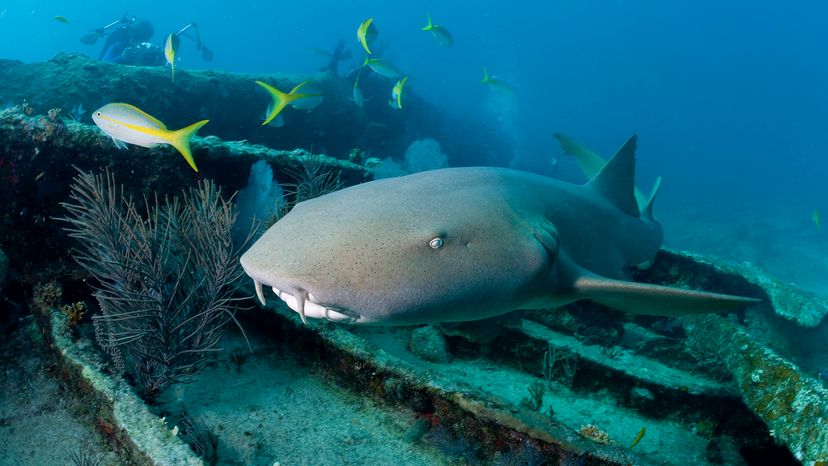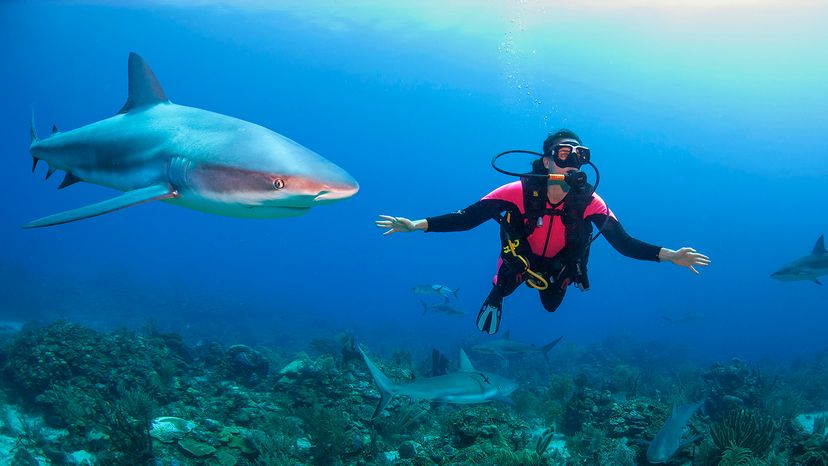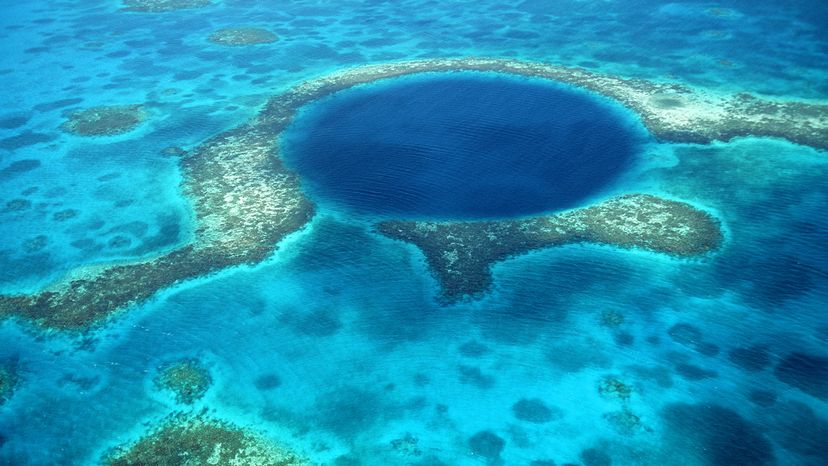
When you picture Belize — a Central American jewel hugged by the Caribbean Sea — your mind probably drifts to turquoise waters, coral reefs and epic scuba diving adventures.
But Belize shark attacks have recently put a new spin on those dreamy underwater getaways. While shark encounters are typically rare and nonlethal, a string of bites off the Belize coast has grabbed headlines and sparked fresh concern.
Advertisement
Most shark attacks in Belize have occurred during recreational activities like scuba diving and spearfishing, especially near popular dive sites such as the Blue Hole, Halfmoon Caye and Ambergris Caye. One of the most widely reported incidents involved a Colorado teenager named Annabelle Carlson, who was attacked by two sharks during a day trip near Half Moon Caye.

